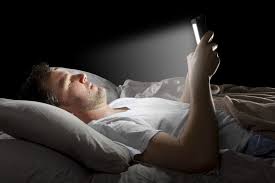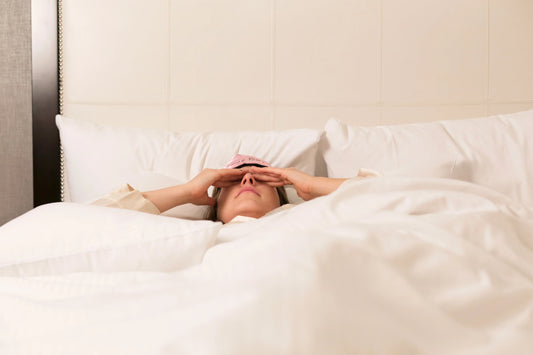In recent years, the intersection of politics and personal well-being has become increasingly apparent. The rapid changes, polarization, and intensity of today's political landscape have sparked widespread discussion on how these factors impact mental health. But one area that might not immediately come to mind is sleep. As it turns out, the political environment can have a profound effect on our ability to rest and rejuvenate. Let's explore how this connection unfolds and what it means for us.
Political Stress: A Silent Sleep Disruptor
Political stress is perhaps the most direct link between the current political climate and sleep disturbances. When events are polarizing or contentious, they can trigger heightened levels of anxiety and stress. Whether it's a heated election, a divisive policy debate, or news of social unrest, these events can leave us feeling unsettled. This stress often carries over into the night, making it harder to fall asleep or stay asleep, and can even cause us to wake up earlier than we'd like.
The Media: A Double-Edged Sword

In today's 24-hour news cycle, we're never far from the latest political headlines. While staying informed is important, consuming distressing or anxiety-inducing news before bed can be detrimental to sleep. Many of us have developed the habit of checking our phones or watching the news late at night, only to find that the unsettling stories stick with us, making it difficult to relax. The constant flow of information, particularly on social media, can make it challenging to disconnect and wind down before bed.
Polarization and Fear: A Growing Concern
As political polarization intensifies, so does the sense of fear and uncertainty for many people. If you feel that your values, beliefs, or even your way of life are under threat, it's natural to experience heightened anxiety. This fear, whether it's related to social issues, economic policies, or other concerns, can disrupt sleep patterns. The anticipation of what might happen next can make it hard to find peace of mind at night.

If you think about this image critically, it is not much different that generals giving their soldiers orders. When we, as the populous, take a step back and look at the "WHO" and "WHY" of our political beliefs and actions, we may begin to realize that those who were "elected" may not have our best interests in mind.
Election Cycles: The Sleepless Nights
Election periods, particularly those marked by close or highly contested races, can be especially disruptive to sleep. The uncertainty and high stakes involved in these moments often lead to increased stress. Many people find themselves glued to the news, waiting for the latest updates, and worrying about the potential outcomes. This constant state of vigilance can keep us up at night, affecting both the quality and quantity of our sleep.
Activism and Engagement: The Double-Edged Sword of Civic Involvement
For those who are actively engaged in political movements or social activism, sleep can become an even greater challenge. While civic engagement is a vital part of democracy, it often comes with its own set of stressors. The demands on time and the emotional toll of fighting for a cause can lead to irregular sleep patterns. Additionally, the adrenaline rush from participating in protests or rallies can make it hard to wind down after the events.
Mental Health and Sleep: An Interconnected Relationship
Finally, the broader impact of the political environment on mental health cannot be overlooked. Anxiety, depression, and other mental health challenges that arise from political stress often go hand-in-hand with sleep disturbances. When our mental health suffers, sleep is one of the first things to be affected, creating a cycle that can be difficult to break.





